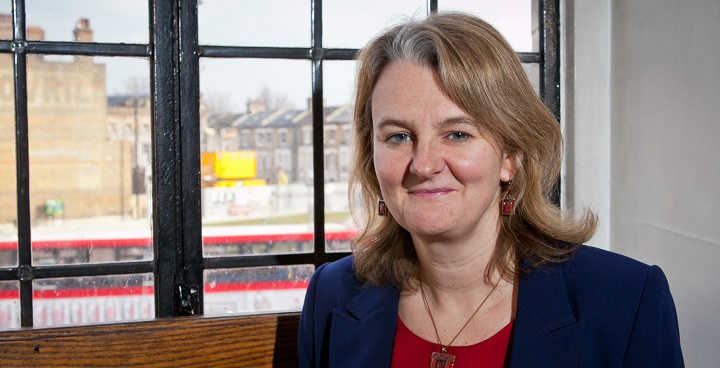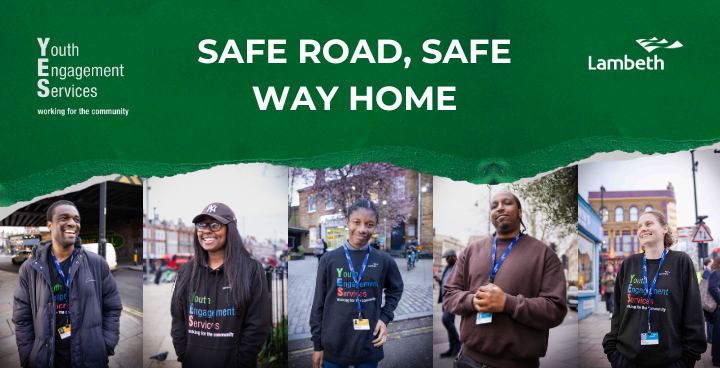
In Lambeth we’re keenly aware of the scourge of inequality, and how it prevents so many people achieving their full potential. We work hard as a council, and with our partners, to fight inequality across Lambeth; last year we went a step further and established Lambeth’s own Equality Commission, to identify unfairness it wherever it exists, and tackle it head on.
It’s clear that greater social mobility is essential, if we are to break down the barriers standing in the way of so many of our residents. The work of the national Social Mobility Commission, led by the former Cabinet Minister Alan Milburn, has been vital in exposing the damaging impact inequality is having more widely.
Its State of the Nation reports lay bare the progress – or otherwise – authorities and communities are making to progress social mobility around the UK, and within & between regions. They use 16 separate indicators to assess the education, employability and housing prospects in the 324 English local authority areas, to set out the differences between where children grow up and the chances they have of doing well in adult life.
We welcome the Commission’s latest report, published this week, which shows Lambeth is in the top 5% of 324 local authority areas across the country.
The report shows that Lambeth is the 17th best-performing council, against all social mobility indicators, and the 19th best-performing against youth social mobility indicators.
And, in a testament to the achievements of our schools, pupils and their families, Lambeth is ranked 6th in the table of the best-performing authorities against school social mobility indicators.
These are tremendously positive figures, and recognition of the growing opportunities that people in Lambeth have benefitted from in recent years – including record exam results, more jobs and increased investment. These are real and continuing opportunities for our young people, and it’s great that this progress has been recognised by this authoritative and comprehensive study.
The report also highlights the key policies that have driven improvements in social mobility. For example, the report recommends that “Local authorities should all become accredited living wage employers and encourage others in their communities to do likewise”; Lambeth was one of the first councils to pay staff the London Living wage.
It underlines the importance of early years investment, and we have invested heavily in our network of children’s centres and the Lambeth Early Action Partnership (LEAP).

The report also notes that: “London schools have enjoyed better financial resources, but they have also benefited from good leadership, a strong stock of quality teachers, professional development, a diverse school population, strong school partnerships, better access to cultural opportunities and a plethora of government initiatives.”
All of these are particularly the case in Lambeth.
This is all great news – but we recognise the picture is complicated. Local government cuts make investment in services more challenging and schools funding is under threat. Not everyone shares in the success and there are huge issues, even for those boroughs that are at the top of the list.
We’ve been clear that our commitment to pursuing growth needs to be inclusive and not leave anyone behind. We believe that as a partnership, working with central and regional government, we can make a difference. That’s why we established the Equality Commission.
The Commission’s final report catalogued the inequalities many people in Lambeth have to live with every day, in every area of their lives. But it did more than identify problems; it also set out what must be done – by everyone from the council to the Mayor of London, national government and the whole community – to take on inequality and increase social mobility.
We’re pleased that Lambeth’s good record on social mobility has gained national recognition, but the work in this area has to continue. We’ve already started work on implementing the Equality Commission’s recommendations and this will produce results in the coming months. We’re determined that this will have a direct impact on people’s lives, to ensure everyone has the best start in life and that everyone can benefit from Lambeth’s success.



